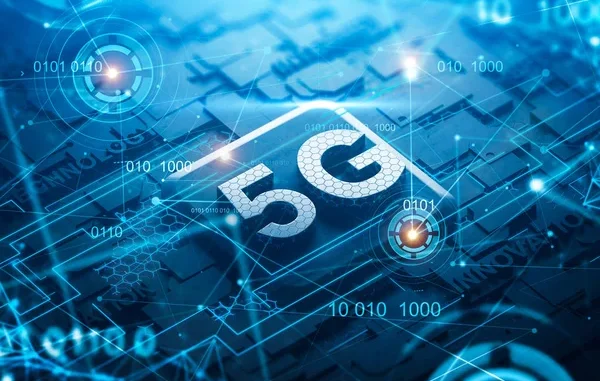
The broader implications of 5G extend beyond just improved mobile connectivity; they influence a wide array of sectors and aspects of daily life. Here are some of the key implications:
1. Economic Growth and Productivity – Innovation Catalyst: 5G is expected to drive significant innovation across industries. The speed and capacity of 5G can lead to the development of new services and products that were previously impractical.






– **Job Creation**: As new industries emerge and existing ones evolve through 5G, there will be a demand for skilled labor across various domains, potentially leading to job creation in tech, manufacturing, and services.
### 2. **Healthcare Transformation**
– **Telemedicine**: With high-speed, low-latency connections, remote consultations and real-time monitoring of patients become standard, improving access to healthcare.
– **Wearable Technology**: Continuous health monitoring through connected devices can lead to earlier interventions and more personalized care.
### 3. **Smart Cities and Urban Development**
– **Infrastructure Management**: 5G enables real-time data collection and analysis, allowing for smarter management of utilities, traffic systems, and waste management.
– **Public Safety**: Enhanced surveillance and emergency response capabilities can lead to safer urban environments.
### 4. **Transportation and Autonomous Vehicles**
– **V2X Communication**: Vehicle-to-Everything (V2X) technology can lead to improved traffic systems, reducing congestion and accidents. Real-time data sharing enhances the efficiency of public transport.
– **Autonomous Driving**: 5G provides the necessary infrastructure for the safe operation of autonomous vehicles, facilitating advanced navigation and decision-making capabilities.
### 5. **Industry 4.0 and Manufacturing**
– **Automation**: 5G can enhance connectivity within factories, enabling the use of IoT devices for real-time monitoring, predictive maintenance, and automated production processes.
– **Supply Chain Efficiency**: Greater connectivity can optimize logistics, allowing for real-time tracking of goods and inventory management.
### 6. **Enhanced Entertainment and Media**
– **AR/VR Experiences**: The ability to stream high-definition content and provide immersive experiences will transform gaming, virtual events, and training simulations.
– **Content Distribution**: Faster networks can lead to reduced buffering and improved quality in streaming services, enhancing consumer satisfaction.
### 7. **Education and Workforce Development**
– **Remote Learning**: The reliability and speed of 5G can facilitate high-quality remote education, making learning accessible for more people.
– **Skills Training**: Increased use of VR and AR in training programs can enhance workforce skills in a variety of fields, from healthcare to engineering.
### 8. **Environmental Impact**
– **Energy Efficiency**: 5G technology can contribute to smarter energy grids and more efficient energy consumption by enabling real-time monitoring and control.
– **Sustainable Practices**: Improvements in agriculture, such as precision farming, can lead to reduced resource waste and better crop management.
### 9. **Security and Privacy Challenges**
– **Increased Vulnerability**: The proliferation of connected devices poses new cybersecurity threats, requiring robust security measures to protect sensitive data.
– **Privacy Concerns**: The data generated by connected devices can lead to privacy concerns, necessitating frameworks for data protection and user consent.
### 10. **Global Competitiveness and Geopolitical Implications**
– **Tech Leadership**: Nations that successfully implement 5G infrastructure may gain a competitive edge in technology and innovation.
– **Geopolitical Tensions**: Competition over 5G technology has implications for national security, as countries strive to secure their technological infrastructure against espionage and cyber attacks.
### Conclusion
The implications of 5G are extensive and multi-faceted, influencing economic structures, social behaviors, and technological developments. While the potential benefits are significant, they will come with challenges that will need to be carefully managed. Stakeholders across governments, industries, and communities will need to collaborate to ensure that the rollout of 5G technology occurs in a way that is equitable, secure, and sustainable.


Leave a Reply